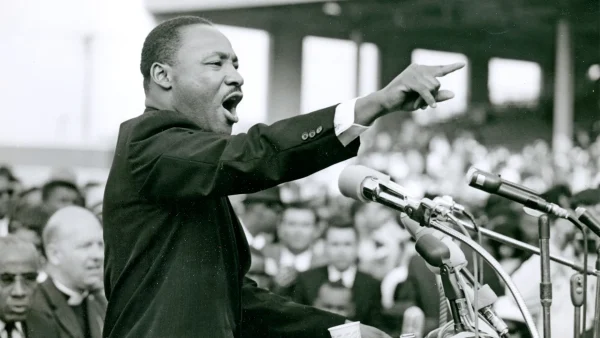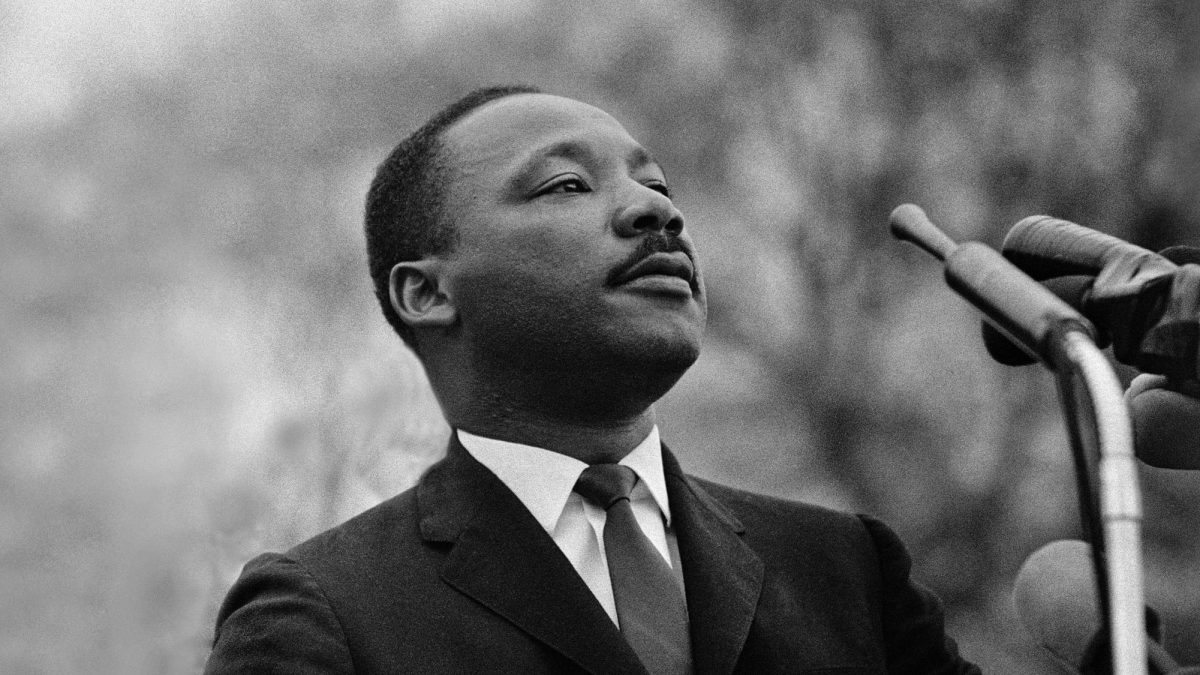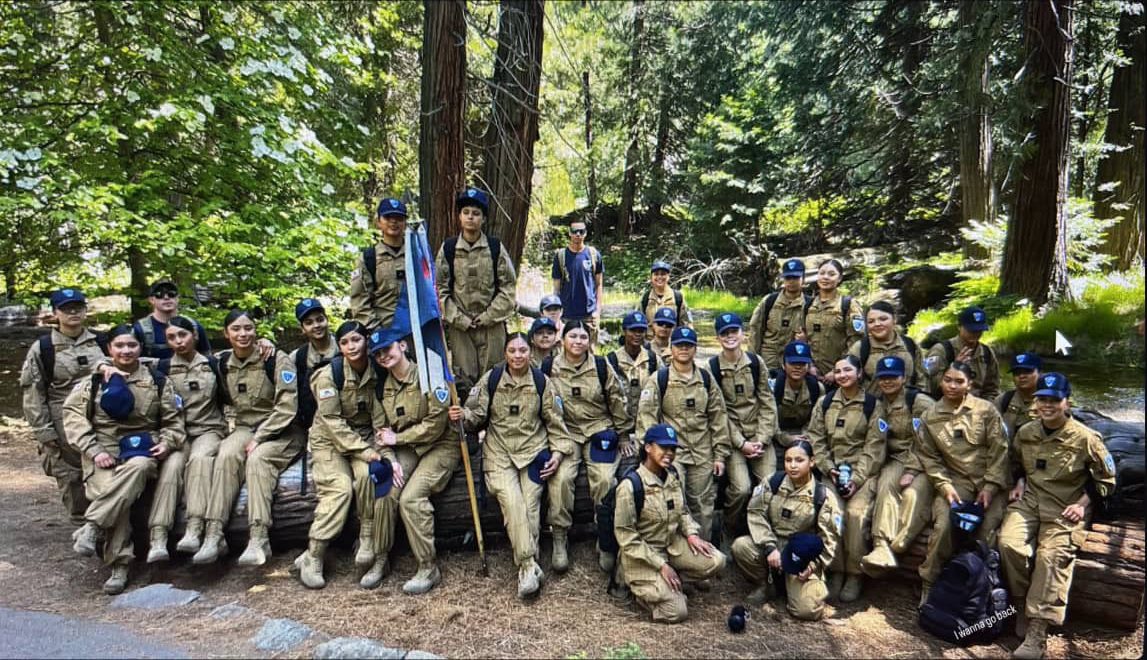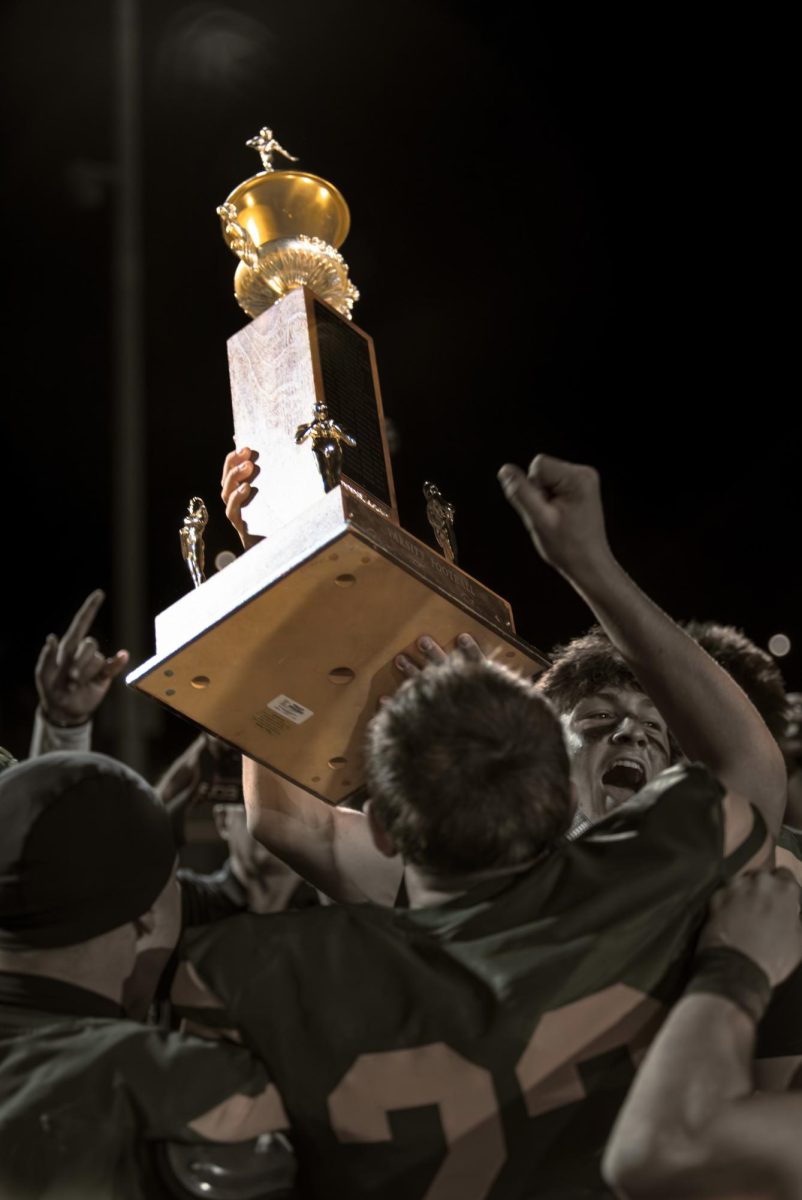On the third Monday of January, Martin Luther King Jr. Day honors the American clergyman, activist, and civil rights leader. Dr. King is best known for his role in advancing civil rights through nonviolent civil disobedience. He became an iconic figure in the history of American liberalism. The holiday offers a time for reflection, community service, and the commemoration of Dr. King’s contributions to the civil rights movement.
Dr. King was a leading spokesperson for nonviolent protest against racial injustice at the federal, state, and community levels. His efforts contributed to significant legislative changes in the United States.
The movement for a national holiday in Dr. King’s honor began soon after his assassination in 1968. President
Ronald Reagan signed the holiday into law in 1983, and it was first observed on Jan. 20, 1986. Initially, some states resisted recognizing the holiday, opting for alternative names or combining it with other observances.
The push for MLK Day gained momentum through the support of trade unions in contract negotiations. After Dr. King’s death, Rep. John Conyers and Sen. Edward Brooke introduced a bill in Congress to make Dr. King’s birthday a public holiday. The bill was first brought to a vote in the U.S. House of Representatives in 1979 but fell five votes short of the number needed for passage.
The bill also led to the creation of the Martin Luther King Jr. Federal Holiday Commission, tasked with overseeing the holiday’s observances. Dr. King’s widow, Coretta Scott King, was appointed to the commission for life by President George H.W. Bush in May 1989.
Americans observed the first official Martin Luther King Jr. Day on Monday, Jan. 20, 1986. In 1994, Congress designated the holiday as a “day of service,” encouraging citizens to volunteer. The holiday now falls on the third Monday of January each year, in line with the Uniform Monday Holiday Act of 1968, which aimed to provide workers with a long weekend. Federal offices are closed, and many national workers receive a paid day off.
MLK Day is typically commemorated with marches, parades, and speeches from civil rights leaders and politicians. It is an opportunity for reflection on Dr. King’s significant contributions to racial justice and equality for African Americans.
On this day, schools and offices are closed, but many people engage in volunteer work and remember Dr. King’s legacy. MLK Day provides an opportunity to reflect on the ongoing struggle for social justice and to honor the lasting impact of Dr. King’s work.
The holiday always falls on the third Monday of January, close to Dr. King’s birthday on Jan. 15. This scheduling aligns with the Uniform Holiday Act of 1968, which aimed to provide workers with a long weekend.
MLK Day is an opportunity to educate ourselves about civil rights history and current social justice issues. One of the key lessons from Dr. King’s life is that young people have the power to make change in their communities and across the country. Martin Luther King Jr. Day serves as a reminder for all to celebrate Dr. King’s life, reflect on racial injustice, and listen to the voices of young people who are working toward a more just future.








